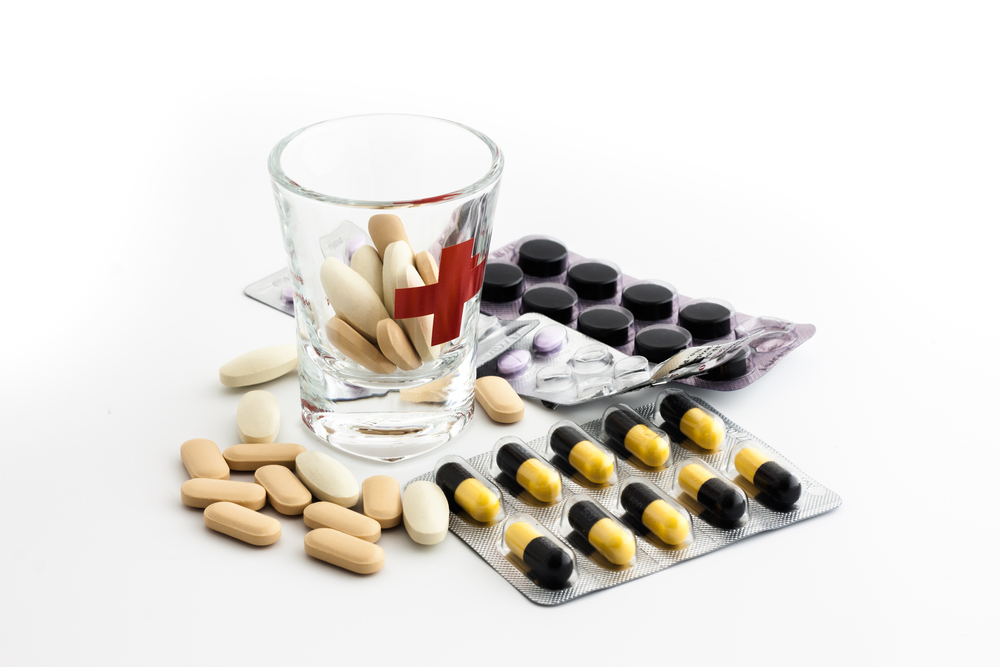Researchers discussed several rheumatoid arthritis (RA) topics during the European League Against Rheumatism Annual European (EULAR) Congress, which took place last June in Rome, Italy. The editor of Healio/Rheumatology overviewed various topics including the use of biosimilars, symptoms of fatigue, and the efficacy of monoclonal therapies.
Biosimilars are drugs identical to biological reference products that have previously been licensed by the United States Food and Drug Administration (FDA) to treat several diseases. Biologics have a complex structure and are obtained from living sources, including humans, animals and microorganisms. Their production involves several details protected by the intellectual property of the company that develops the initial drug. After the expiration date for the drug patent, other companies may produce biosimilars whose licensing by the FDA is less expensive and faster.
During the meeting, researchers showed data that patients with RA and ankylosing spondylitis (AS) responded similarly to Remicade (infliximab, Janssen) and to the Remicade biosimilar, Remsima (CT-P13, Celltrion). Likewise, in a study that followed patients during 11 months, the effectiveness of Remicade (infliximab, Janssen) was comparable to infliximab’s biosimilar, Inflectra (Hospira).
Another study led by Elizabeth Arkema, demonstrated that treatment with non-biologic disease-modifying anti-rheumatic drugs increased by three-times the risk of a serious infection in RA patients compared to the general population. Furthermore, fatigue symptoms in these patients were predictive of the need for rescue medications, particularly in those who were treated with sarilumab, compared with placebo. Importantly, many patients who received sarilumab in addition to methotrexate reported a better health-related quality of life such as bodily pain, vitality and fatigue in comparison to patients who received placebo and methotrexate.
During the meeting, it was also reported that acthar Gel, a preparation of the adrenocorticotropic hormone, may be effective in patients with RA who failed to respond to prior treatment with biological agents. Finally, researchers showed results from a phase 3 trial which showed that monotherapy with the biologic Xeljanz (tofacitinib, Pfizer) may improve symptoms of RA when compared to methotrexate monotherapy.
Overall, these different results presented by researchers and clinicians and discussed during the EULAR meeting may improve future RA treatment.


